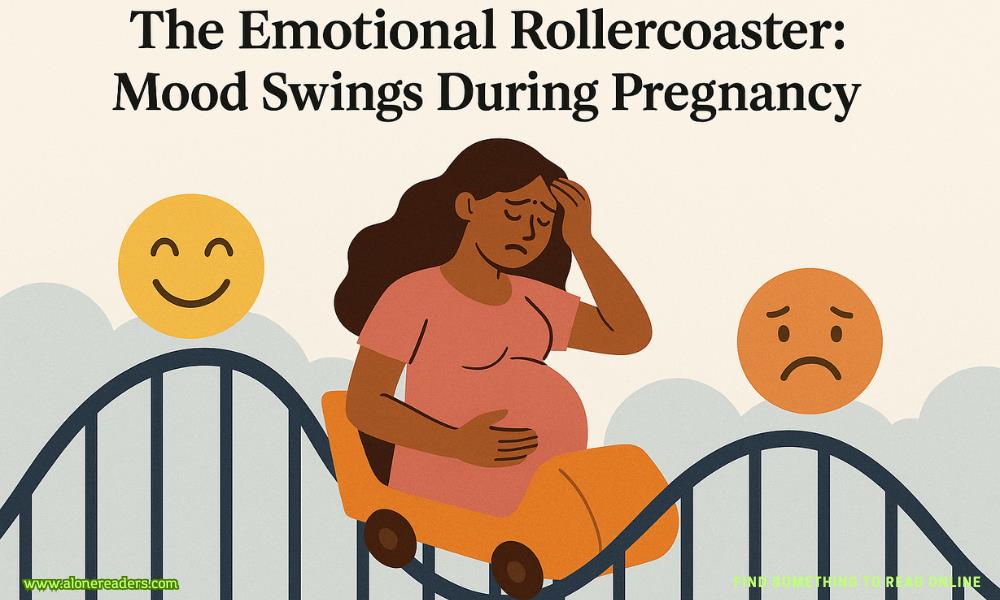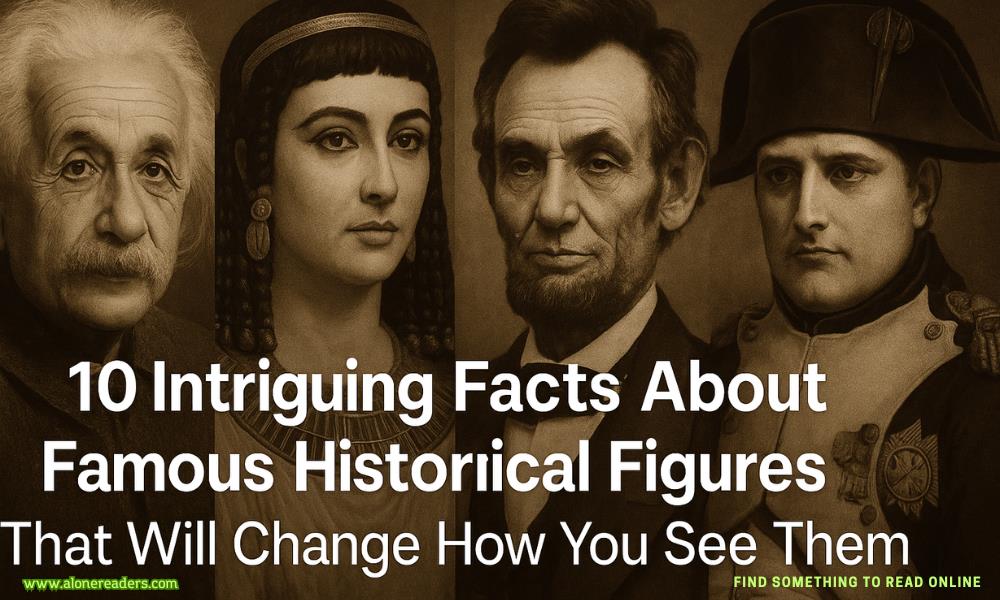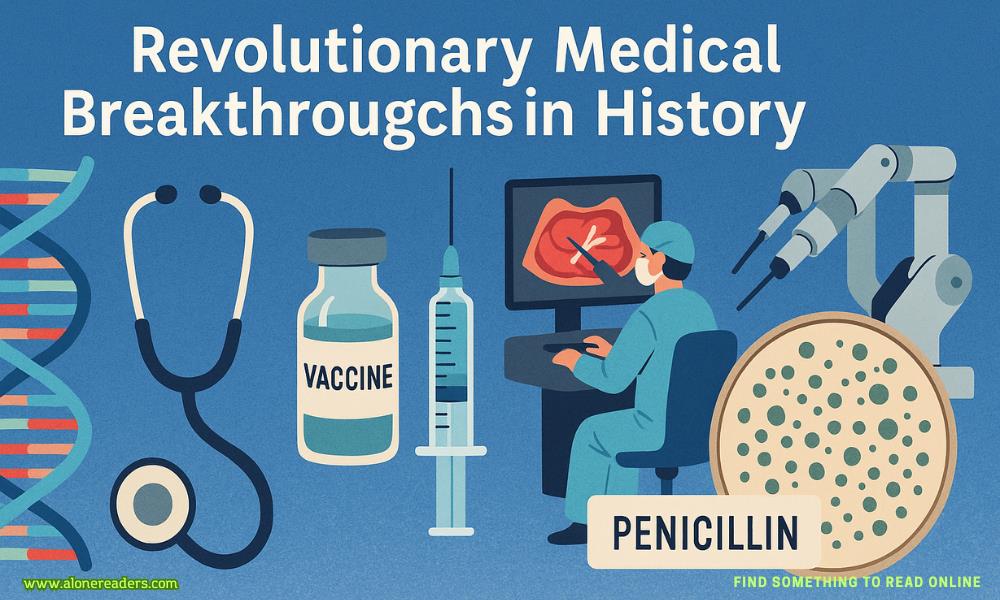Page 29 of Exit Strategy
“I promise.”
The world faded away again.
11
Kurt…
Doctor Holoke Carter was not what I had expected. Bunkered down in the middle of what looked like a Mad Maxian nightmare in the middle of literally nowhere, I really expected a weather-beaten old man, skin like saddle leather, eyes like flint, maybe a little of that Native American chic I saw in Hollywood fashion, silver and turquoise jewelry, a few beads, a suede leather jacket. Definitely a cigarette in his mouth.
That was probably the biggest assumption I had, assuming Doc Carter was going to be a man. I was wrong on every single one of my expectations and felt a bit of embarrassment for it. Doctor Carter was indeed of Native American heritage, Ute tribe, but she was mid to late thirties, shoulder-length black hair, gold-rimmed glasses, and was dressed like a doctor would be, slacks and a lab coat. There was no doubt that these were all well-worn, as was the medical facility she had.
But that was superficial. For the middle of nowhere, her facility was exceptional. There was an aged pet scan machine, and a newer MRI system, X-ray equipment that looked like it remembered the Great War, and an array of smaller lab machines that all looked to be cutting edge and new.
Doctor Carter was brisk and efficient, and after taking one look at Callie, was frighteningly professional. Her one nurse, orderly, was instantly on hand and they were going over her with the speed and efficiency of a Formula One pit crew. Callie’s vitals were taken, her pupil response tested, a blood sample drawn. While the machines purred, processing their samples, Callie was stuffed head first into the MRI machine and a flatscreen hanging on the wall produced the images generated by the machine.
Callie’s skull appeared in stark relief, and there was a good deal of animated discussion between the doctor and her nurse, in what I could only assume was Ute, or whatever Native American dialect the Utes spoke. My ignorance was frustrating. I could fake my way through a bit of Spanish, just from being in California for as long as I had been, and then enough Afghan to get into, or stay out of trouble, certainly enough French to get into trouble.
They started saying words I didn’t like.
Cerebral hemorrhage, cranial trauma, and all those other words that medics shout over your head in the helicopter when you’re being flown back to the military hospital.
I had never been the bloke on his back, but I had seen it too many times from the door position on the helicopters. Carter pushed different medications, and eased Callie into a medically induced sleep, and had the nurse set up an IV to rehydrate her.
“You’re going to be staying here at least forty-eight hours,” she said, looking at me over the printout from the blood-testing machinery. “She needs to rest without being shaken or vibrated in thatthingthat you call a vehicle.”
“We are on a bit of a timetable,” I said.
“She has a serious brain injury, and it is only by the grace of whatever god she believes in that her cognitive ability is still present. It is fairly common for people to die from brain bleeds. It’s the fifth most common killer in North America.”
I shuddered.
“So, you both will be staying here until she’s medically released,” Carter said and crossed her arms over her chest. The posture was obvious. She was going to fight for her patient, and it didn’t matter what was coming after us. “Or, if it’s that much of an issue, you can go on, and we will take care of our patient. The only reason you aren’t on the floor right now with a needle sticking out of your neck is because I know that you didn’t do this to her.”
“I would never—” I started but the doctor interrupted me with a fierce expression and cutting hand gesture.
“This is domestic violence. I’ve seen too much of it, and you would beastoundedhow often the abusive partner brings their victim to get medical attention, and it’s almost like they,” she said, her eyes dark and penetrating, and I could feel her deliberately swapping the accusatory “you” for the non-targeted “they”. “It’s almost like there is a single script, and all the men who like to drink and talk with their fists have a copy.”
“I’ve never struck a woman because I was angry or drunk,” I said.
“Have you struck a woman?” Carter asked.
“Doctor, I’ve shot several, and yes, I’ve done hand-to-hand combat with too many.” She gave me a look that would have cracked a stone. “In-country, the local women sometimes pick up their husband’s, brother’s or son’s Kalashnikovs or RPG-2 and start shooting at the Americans or us Royal Marines. When you pick up a weapon and start shooting at uniformed soldiers, you become a legally recognized combatant and rules of engagement say legally recognized combatants are to be met with appropriate force.”
“Oh,” she said and lost around a half inch of height as her inflated sense of indignation deflated a little.
“An unfortunate side effect of being a soldier is that you don’t get to pick who does and who doesn’t try to kill you. I was lucky. I was neverseriouslyinjured, and I never had to deal with shooting any kids.”
“I thought we were going to have a discussion about domestic abuse, and now we’re looking at American foreign policy?” she asked with a tart edge to her tone.
I gave a laconic shrug.
“I’m a naturalized American citizen, and technically, I still have my dual citizenship and British passport,” I said. “You Americans are the international cowboys, and at the time our prime minister was your president’s wingman.”
“Then the question is, why did you join the military then? You knew what they did.” She crossed her arms.
“I want to say I don’t understand this hostility, but I think I do. We learned a bit of American history back in Yorkshire, and I know that the cowboys and Indians stories we were told were the versions that were more American propaganda than any attempt at real history. I can only compare it to the sins of the Empire. But to the point, the reason I joined the military is that there were only three ways out of the village I grew up in – you got a job at the coal pit, you got accepted to Leeds, or you joined the military.” I paused and gathered myself. “I wasn’t smart enough for Leeds, wasn’t dumb enough for Kellingley, so the only option was to join up.”
“Economic reasons, then,” she said.















